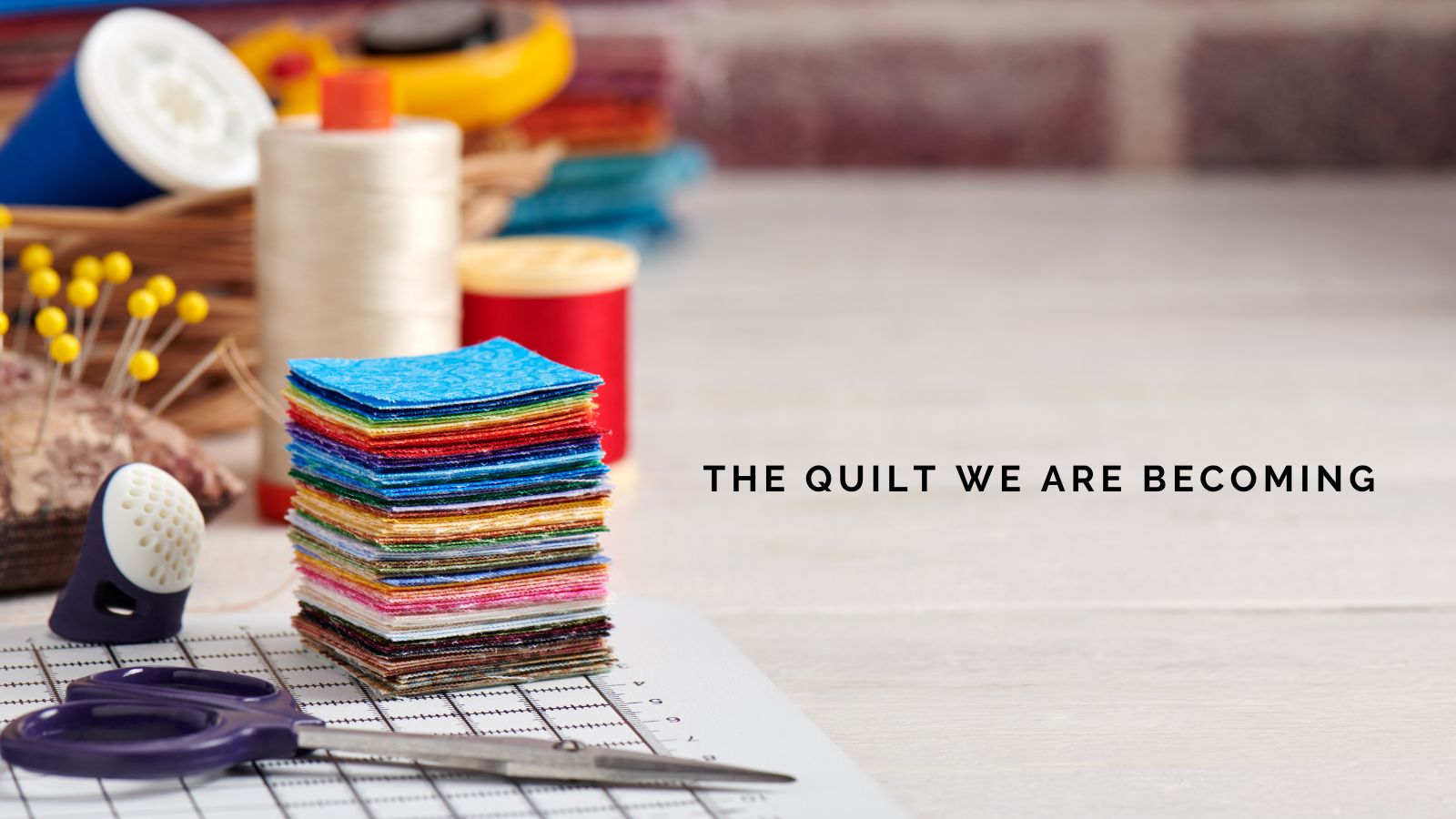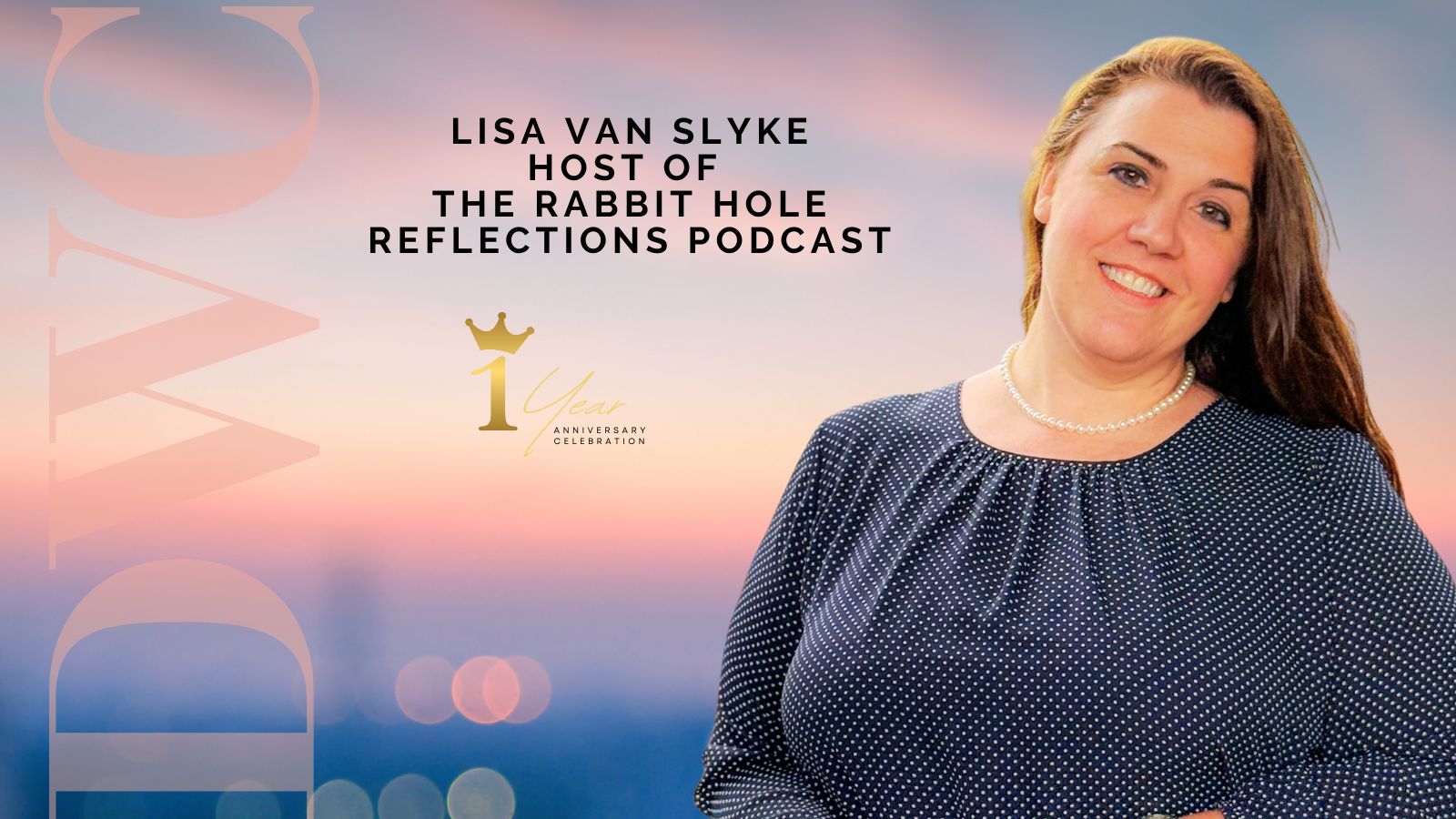
Redefining Success Beyond Cultural Expectations
When I was growing up, the path to success seemed clearly marked: graduate with honors, climb the corporate ladder at a prestigious multinational company, and eventually reach an executive marketing position. That's what I prepared for my entire life. That's what would make me "somebody important" in my country.
But life had other plans for me.
Today, I do the two things that in my country symbolize failure: I teach marketing at a local college, and I run my own business. The irony isn't lost on me. The very choices that bring me fulfillment are the same ones that make others question my worth.
Teaching wasn't part of my original plan, but connecting with young minds has become one of my greatest joys. There's something profoundly rewarding about sharing knowledge across generations, about understanding students rather than simply leading them. I believe it makes me a better person and a stronger marketer. Throughout my professional journey, I've worked with companies both in my country and in the United States. But this year marks a turning point – I've finally taken the leap to focus entirely on my own venture.
The weight of cultural judgment is heavy. Here, being a professor or an entrepreneur often translates to "you couldn't make it" in the eyes of society. These perceptions sometimes trigger impostor syndrome, making me question my own definition of success despite the fulfillment I feel.
I think about how our families and societies create molds we're expected to fit into. These molds dictate what success should look like, what achievements matter, what paths are worthy. But I've come to understand that success has different definitions depending on where we are in life. Comparing my success to someone else's only breeds envy and discontent.
True success, I believe, is finding happiness in what you have and what you do. It's becoming someone who inspires others regardless of your title or position. It's having the courage to rewrite the rules when the conventional path doesn't align with your authentic self.
My marketing background taught me to recognize target audiences and position products effectively. Now, I'm applying those same principles to position myself – not according to others' expectations, but aligned with my own values. The skills that would have made me successful in a corporate environment haven't gone to waste; they've simply found a different expression.
Teaching has transformed me in ways a corner office never could. I've learned patience, developed deeper empathy, and gained fresh perspectives from students who see the world differently than I do. These qualities make me not just a better marketer but a more insightful entrepreneur. My classroom has become an incubator for ideas, a place where theory meets practical application, and where I'm constantly challenged to stay current and relevant.
My business, meanwhile, offers me creative freedom and direct impact that I might never have experienced in a multinational corporation. Every decision, success, and failure is mine to own. There's a particular satisfaction in building something from the ground up, in seeing your vision materialize without layers of approval or corporate politics.
The path I've chosen isn't easier – in many ways, it's more demanding. There's no safety net, no guaranteed paycheck, no clear ladder to climb. Some days, when a business challenge seems insurmountable or when I catch a glimpse of former colleagues advancing in their corporate careers, doubt creeps in. Did I make the right choice? Should I have pushed harder for that executive position?
But then I walk into my classroom and see eager faces waiting to learn. Or I help a client solve a problem that transforms their business. And I remember why I chose this path.
Success isn't a destination or a title. It's not measured by the size of your office or the prestige of your employer. True success is alignment – when what you do matches who you are and what you value. It's finding work that doesn't just pay your bills but feeds your soul.
So yes, by conventional standards in my country, I might be a failure. But in the metrics that matter most to me – purpose, fulfillment, autonomy, impact – I've never been more successful.
And perhaps that's the most important marketing lesson I could ever teach: how to position yourself in a world that wants to position you according to its own limited imagination.
_(50).jpg)
























